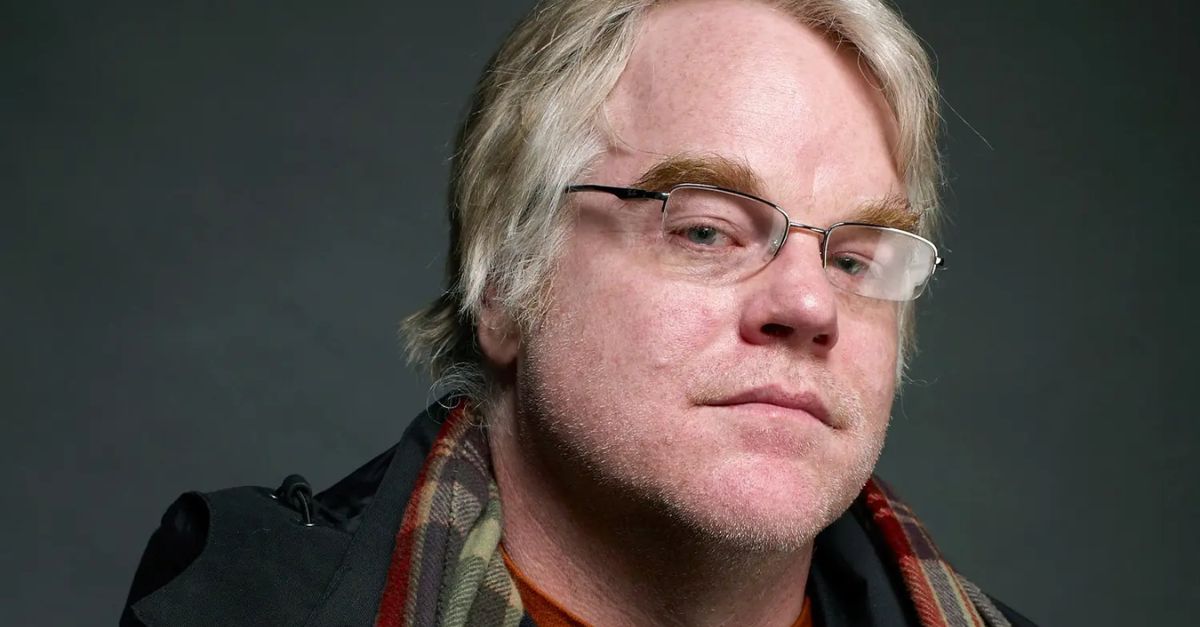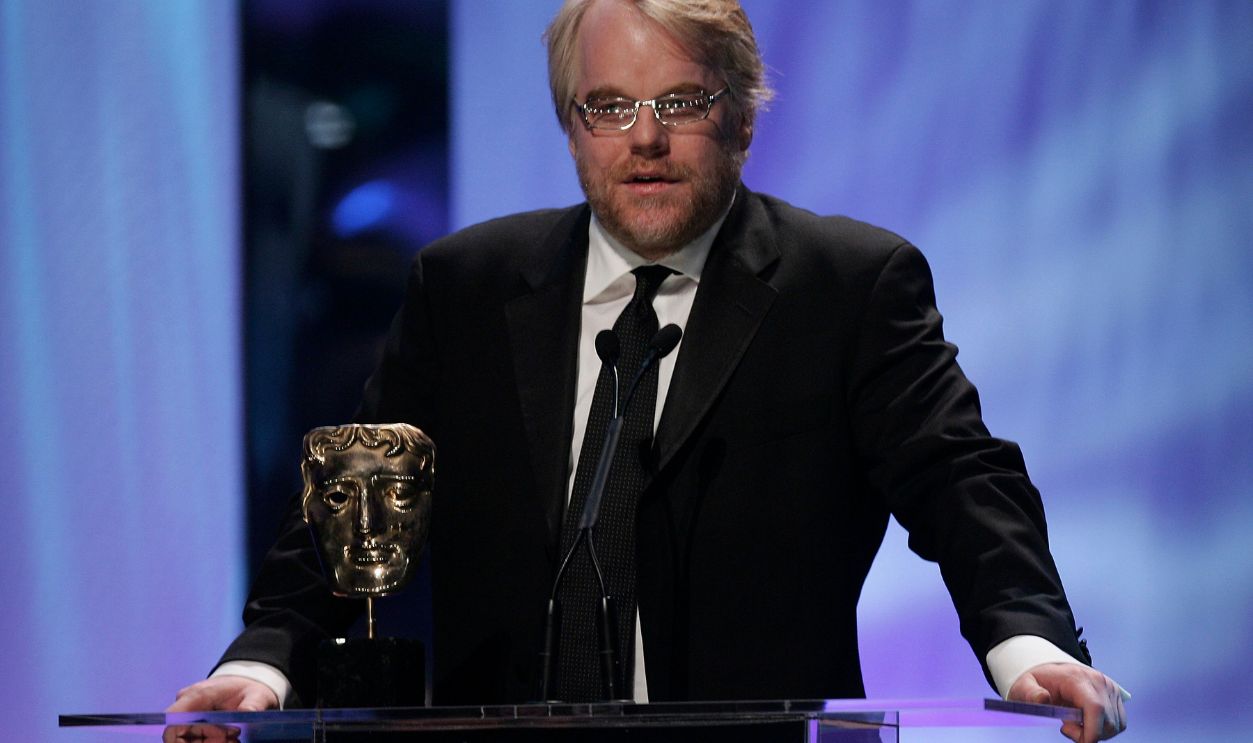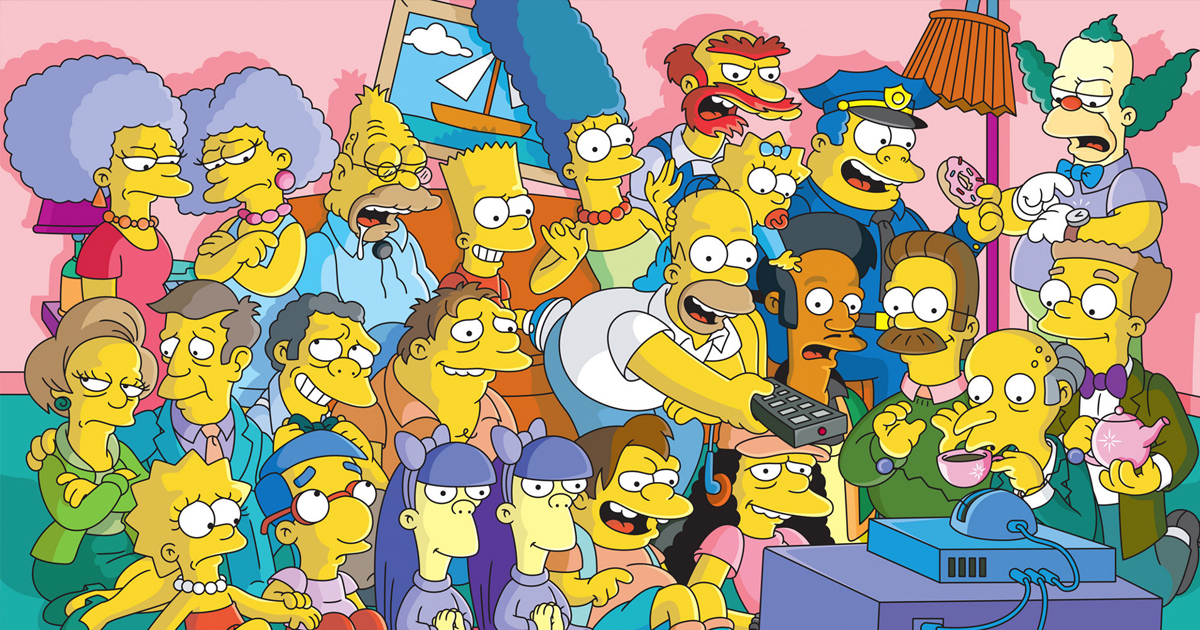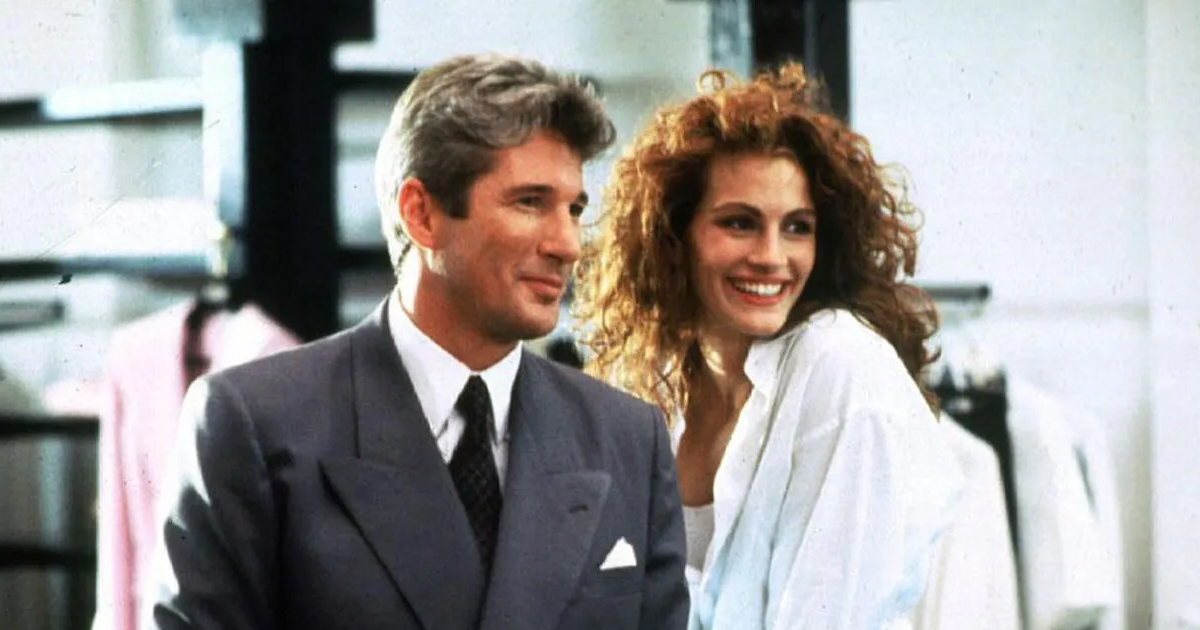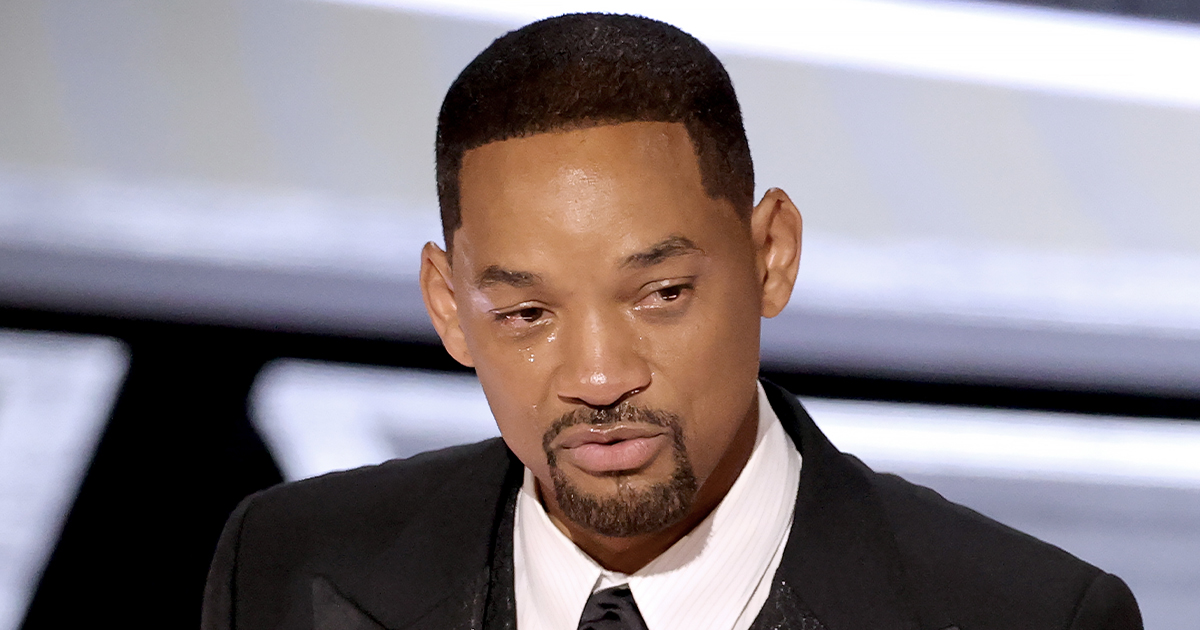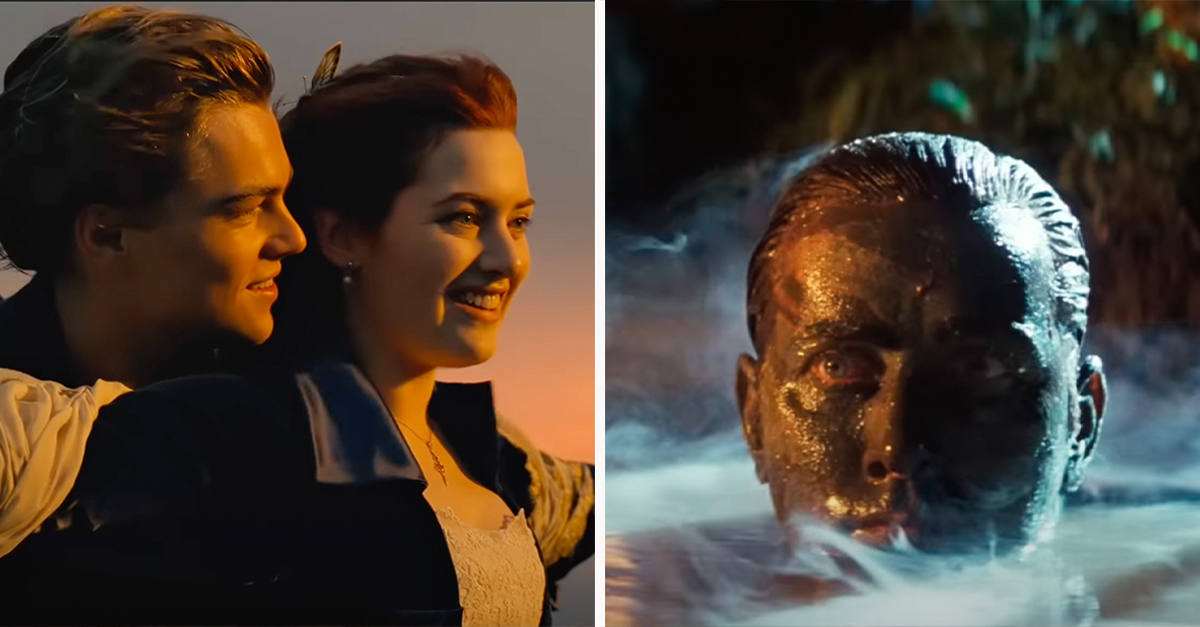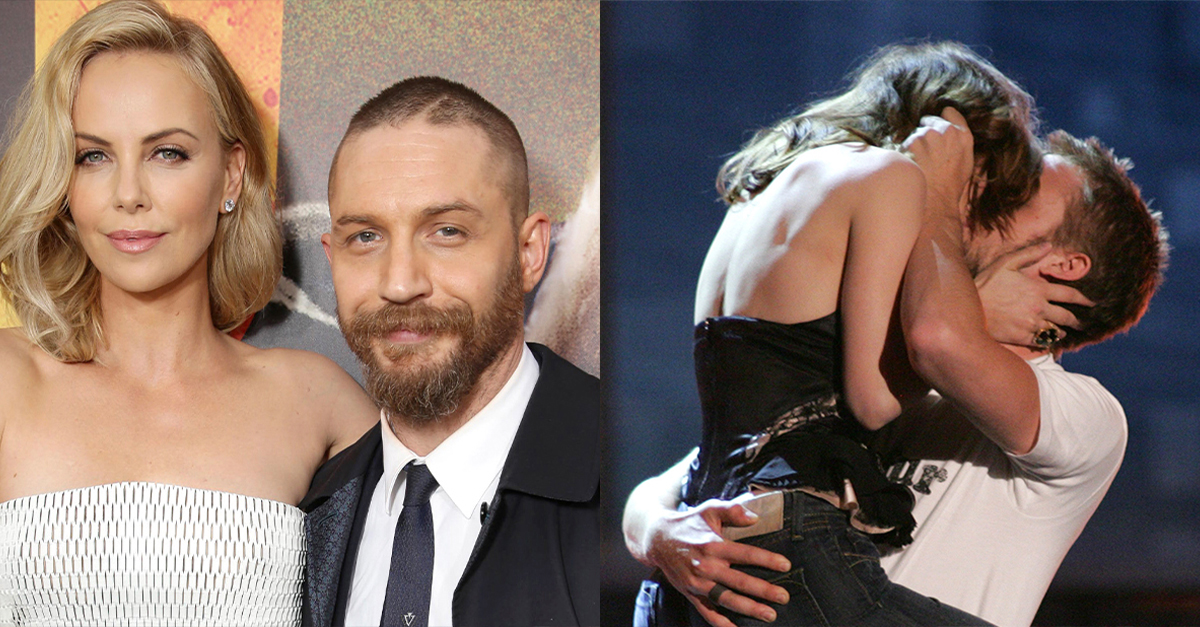When Brilliance Meets Hidden Suffering
Philip Seymour Hoffman was known for completely becoming someone else in every film. His death revealed another side—a quietly tormented artist whose incredible skill coexisted with personal battles.

Born In 1967 To A Judge And A Teacher In Fairport, New York
In 1967, a boy was born in Fairport, New York, to Marilyn O'Connor, an elementary school teacher who later became a lawyer and family court judge, and Gordon Stowell Hoffman, a Xerox employee. They valued learning at home, even as their lives took different paths over time.
 Daniel Penfield, CC BY-SA 3.0, Wikimedia Commons
Daniel Penfield, CC BY-SA 3.0, Wikimedia Commons
A Wrestling Injury In High School Redirected His Path To Theater
During his teen years, Hoffman was a dedicated wrestler. An injury to his neck sidelined him from the sport, and that void led him to audition for the school play. That moment redirected his focus entirely by introducing him to what would become a lifelong passion.
 Gareth Cattermole, Getty Images
Gareth Cattermole, Getty Images
Discovered Acting During A Summer Arts Program At 17
At the age of 17, Hoffman attended the New York State Summer School of the Arts program. Surrounded by equally serious young performers, he found not just encouragement but identity. That intensive exposure to acting changed his interest into a purpose and led him to consider it as a career.
Enrolled At NYU's Tisch School Despite Financial Strain
Getting into NYU's Tisch School of the Arts was no small feat—and paying for it was even tougher. Hoffman took on student loans and pieced together scholarships, throwing himself into the school’s demanding acting program. It set the tone for his relentless dedication to the craft.
 atp_tyreseus, Wikimedia Commons
atp_tyreseus, Wikimedia Commons
Supported Himself With Jobs While Studying Acting
Hoffman supported himself with jobs, such as working as an usher, while studying at NYU’s Tisch School. However, specific details about other employment, like restaurant work, are not well-documented. Still, the discipline he developed during those years became central to his professional identity.
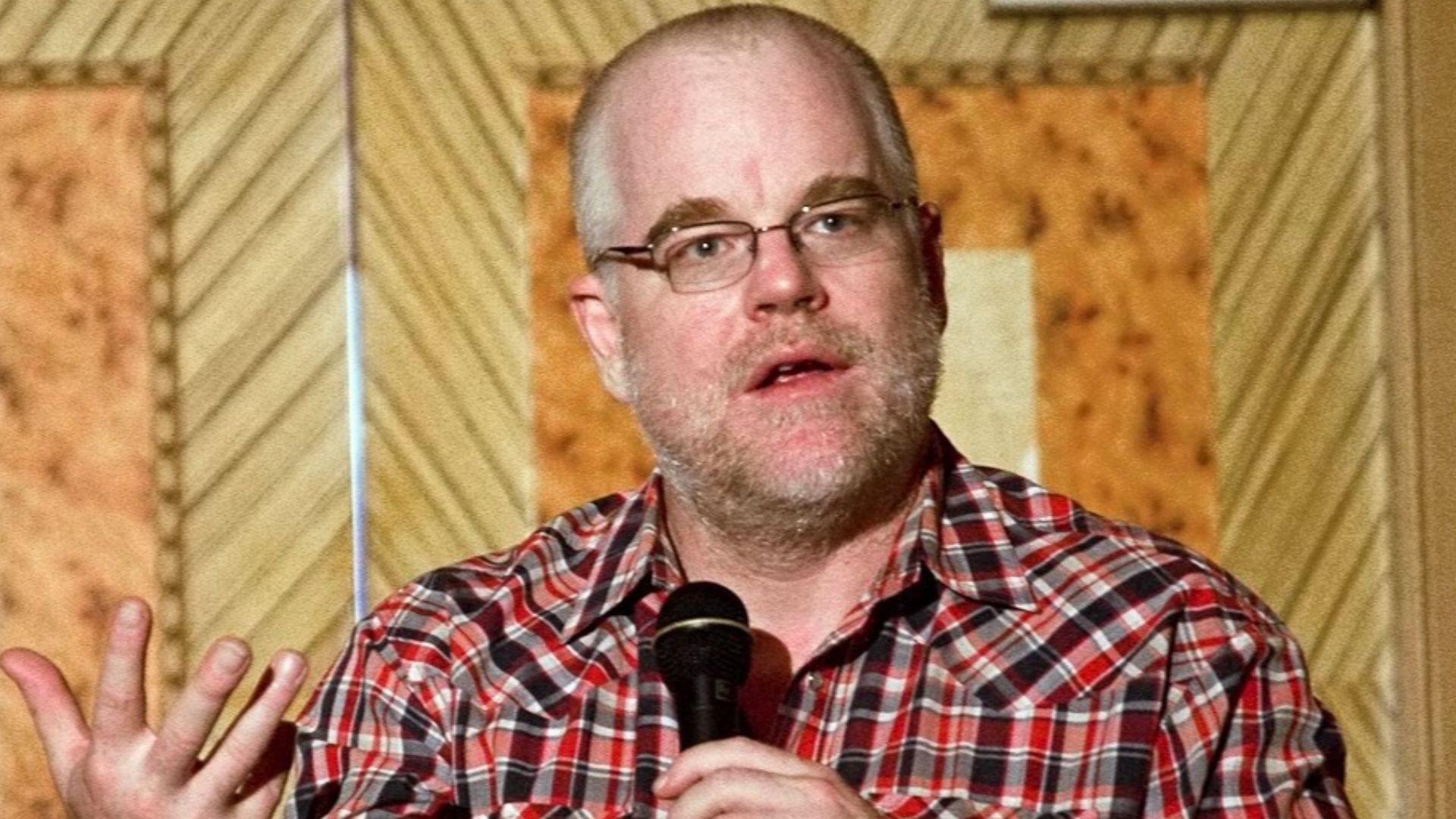 Justin Hoch photographing for Hudson Union Society, Wikimedia Commons
Justin Hoch photographing for Hudson Union Society, Wikimedia Commons
First Appeared On Screen In A 1991 Law & Order Episode
Philip Seymour Hoffman's first screen appearance was in a 1991 episode of Law & Order, followed by his film debut in Triple Bogey on a Par Five Hole (1992). Though neither performance brought fame, they marked the beginning of his on-camera acting career.
 Philip Seymour Hoffman on Law and Order by LittleBigPicture
Philip Seymour Hoffman on Law and Order by LittleBigPicture
His First Major Film Role Was In Scent Of A Woman (1992)
In Scent of a Woman, Hoffman played George Willis Jr, a wealthy, manipulative prep school student. Though in a supporting role, he held his own opposite Al Pacino. Director Martin Brest praised Hoffman's instincts, and critics noted the nuance he brought to what could have been a flat character.
Immersed Himself In New York's Off-Broadway Theater Scene
Even as film opportunities emerged, Hoffman didn't abandon the stage. He worked extensively off-Broadway throughout the early 1990s by performing in productions such as The Author's Voice. These roles allowed him to explore raw emotion and unconventional characters in front of live audiences.
Frequently Cast by Paul Thomas Anderson, Starting with Hard Eight
Director Paul Thomas Anderson became one of Hoffman's earliest champions. Their collaboration began with a small part in Hard Eight (1996) and continued to grow with every subsequent film. Anderson once said he wrote roles with Hoffman in mind and trusted him to bring emotional depth to every line and moment.
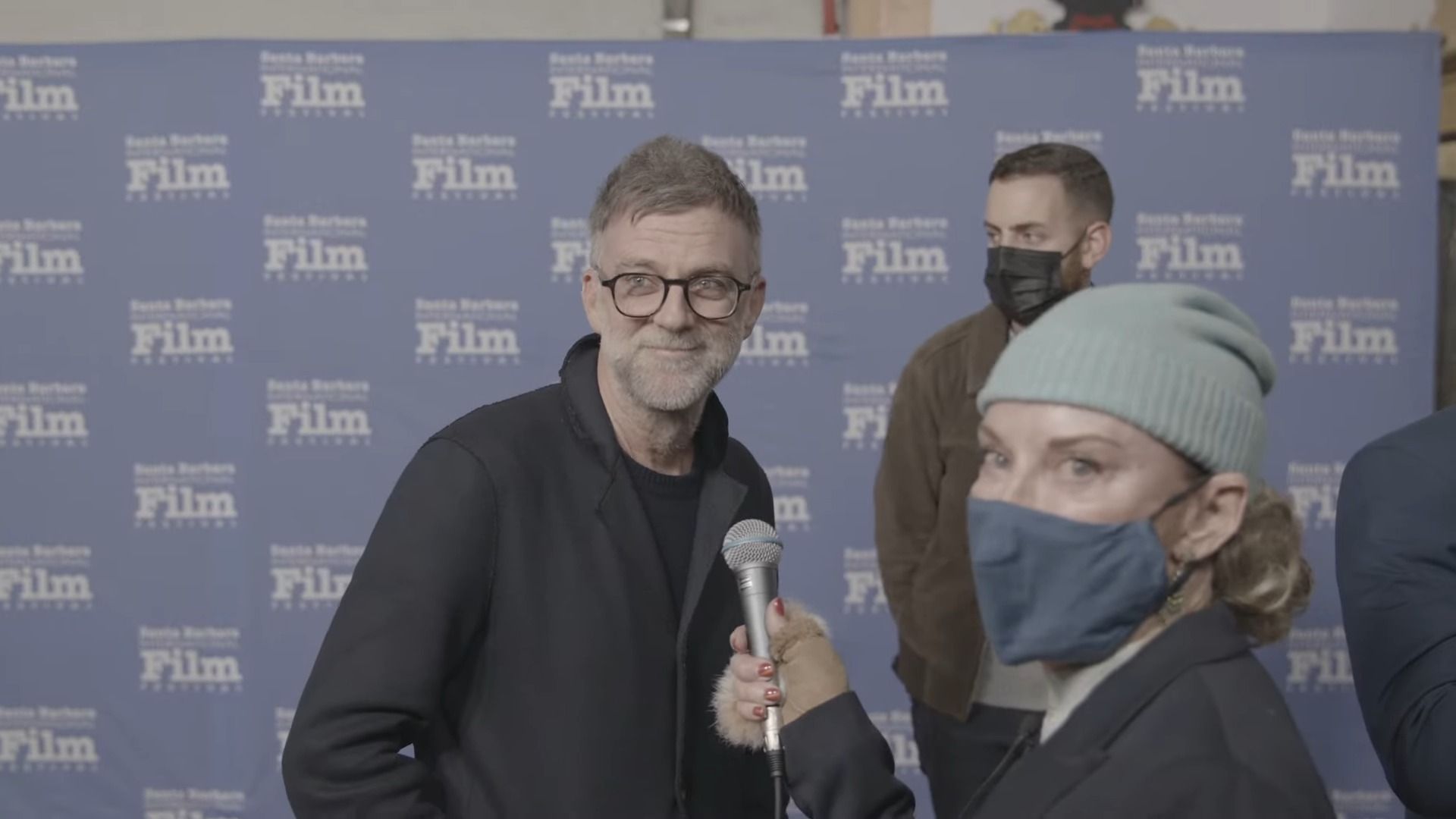 Lyn Fairly Media, Wikimedia Commons
Lyn Fairly Media, Wikimedia Commons
His Role As Scotty In Boogie Nights Became A Breakout Performance
As Scotty J, the emotionally fragile boom operator in Boogie Nights, Hoffman delivered a performance that stunned critics. Variety described his portrayal of unrequited love and awkward vulnerability as "achingly real". The role earned him national attention and widened his path in dramatic cinema.
 Remembering PHILIP SEYMOUR HOFFMAN ~ Boogie Nights (1997) by Darwin Pictures
Remembering PHILIP SEYMOUR HOFFMAN ~ Boogie Nights (1997) by Darwin Pictures
In Happiness (1998), He Portrayed A Sexually Disturbed Outsider With Depth
In Happiness, Hoffman took on the role of Allen, a socially awkward and isolated man. Instead of exaggerating the character's strangeness, he played him with a raw, unsettling honesty. The result was both deeply uncomfortable and oddly sympathetic—forcing viewers to sit with their unease rather than escape it.
 Happiness (1998) Trailer [FHD] by HD Retro Trailers
Happiness (1998) Trailer [FHD] by HD Retro Trailers
Known For Playing Characters Who Made Audiences Uneasy Yet Sympathetic
From Freddie in The Master to Scotty in Boogie Nights, Hoffman portrayed men who struggled with isolation or longing. Audiences often connected with them despite their flaws. He gravitated toward roles others turned down, always finding the pain others might overlook without ever asking for pity.
 The Master - Philip Seymour Hoffman's confrontation scene of The Cause by avalanchealonso
The Master - Philip Seymour Hoffman's confrontation scene of The Cause by avalanchealonso
Used Extensive Research To Build Roles
Before each role, Hoffman read deep biographies and screenplays. He observed human behavior with care, often taping interviews or rewatching footage to find emotional rhythms. His preparation provided him with the foundation to inhabit characters with complex yet invisible backstories that felt fully lived in.
 The Master - Philip Seymour Hoffman's confrontation scene of The Cause by avalanchealonso
The Master - Philip Seymour Hoffman's confrontation scene of The Cause by avalanchealonso
Avoided Public Celebrity Culture, Rarely Gave Personal Interviews
He once told a reporter that knowing too much about him would detract from the characters he played. Red carpets and publicity events never held much appeal, and he kept interviews to a minimum. Hoffman avoided celebrity culture altogether, preferring to keep his roles private and protected from intrusion.
 Philip Seymour Hoffman's Hilarious Oscar Pact | Letterman by Letterman
Philip Seymour Hoffman's Hilarious Oscar Pact | Letterman by Letterman
Called Acting "A Personal Exploration Of Truth, Not Performance"
Hoffman believed emotional truth on screen could only surface when the actor stepped aside. He spoke of acting not as performance but as a search for honesty. In interviews, he described the work as an exploration of discomfort, rather than a polished display of technique.
 Philip Seymour Hoffman's Hilarious Oscar Pact | Letterman by Letterman
Philip Seymour Hoffman's Hilarious Oscar Pact | Letterman by Letterman
Turned Down Big-Budget Roles That Didn't Challenge Him Emotionally
Studio offers came in steadily after his breakout. Hoffman declined many of them. He told The New York Times that he avoided scripts lacking emotional weight. Projects that leaned on spectacle or simplicity didn't interest him. He wanted depth, not just screen time.
 Patch Adams (6/10) Movie CLIP - To Be a Great Doctor (1998) HD by Movieclips
Patch Adams (6/10) Movie CLIP - To Be a Great Doctor (1998) HD by Movieclips
Gained Universal Acclaim For Playing Capote In The 2005 Biopic
In Capote, Hoffman took on one of the 20th century's most distinctive literary voices. Critics praised not just the imitation but the psychological unraveling he portrayed. The Washington Post called it a "stunningly internal performance", driven by quiet calculations and buried conflict.
 Capote (11/11) Movie CLIP - I Did Everything I Could (2005) HD by Movieclips
Capote (11/11) Movie CLIP - I Did Everything I Could (2005) HD by Movieclips
Studied 35 Hours Of Interviews To Perfect Capote's Voice And Mannerisms
Before stepping on set, Hoffman studied dozens of Capote interviews by replaying each to absorb his speech quirks. He focused on silences and gaze to study how Capote interacted with space. Rather than mimic Capote, Hoffman pursued a living portrayal shaped by deep observation.
 Capote (11/11) Movie CLIP - I Did Everything I Could (2005) HD by Movieclips
Capote (11/11) Movie CLIP - I Did Everything I Could (2005) HD by Movieclips
Won The Academy Award For Best Actor In 2006 For Capote
The role earned Hoffman his first and only Oscar. At the 2006 ceremony, he thanked his mother and emphasized the integrity of Capote's emotional contradictions. He beat four major contenders, including Heath Ledger, in Brokeback Mountain in what was considered a fiercely competitive year.
 Philip Seymour Hoffman Wins Best Actor: 2006 Oscars by Oscars
Philip Seymour Hoffman Wins Best Actor: 2006 Oscars by Oscars
Earned A BAFTA, SAG, And Critics' Choice Award The Same Year
Awards poured in following Capote. Hoffman won Best Actor from the British Academy, Screen Actors Guild, and Broadcast Film Critics Association. He also received honors from the Golden Globes and several regional film critic groups. The sweep confirmed his arrival as a lead actor of rare depth.
 Philip Seymour Hoffman's Best Movie Moments | Netflix by Still Watching Netflix
Philip Seymour Hoffman's Best Movie Moments | Netflix by Still Watching Netflix
Was Nominated For Supporting Roles In Charlie Wilson's War And The Master
After Capote, Hoffman's Oscar attention didn't end. He was nominated three more times for Best Supporting Actor, each for a radically different role. As Gust Avrakotos in Charlie Wilson's War and Lancaster Dodd in The Master, he earned critical praise for versatility.
 Charlie Wilson's War (1/9) Movie CLIP - Another Broken Window (2007) HD by Movieclips
Charlie Wilson's War (1/9) Movie CLIP - Another Broken Window (2007) HD by Movieclips
Maintained That Awards Were Secondary To The Process Of The Role
Hoffman consistently emphasized that awards meant little without integrity in the work. He told 60 Minutes that what mattered most was being honest in a scene. The pursuit of emotional truth, not trophies, was what kept him committed to difficult characters.
 Hoffman's habit of creating a crisis by 60 Minutes
Hoffman's habit of creating a crisis by 60 Minutes
Refused To Campaign For Oscars Or Attend Industry Parties
Unlike many peers, Hoffman declined to lobby for votes. He rarely attended awards-season mixers and avoided self-promotion. Former colleagues noted his discomfort at premieres, where he preferred quiet conversations over attending the red carpet. He believed the work should speak for itself.
 What The Final Year Of Philip Seymour Hoffman's Life Was Like by Grunge
What The Final Year Of Philip Seymour Hoffman's Life Was Like by Grunge
Often Took Months To Emotionally Decompress After Intense Roles
Hoffman described what lingered after intense roles as emotional residue that needed time to fade. Friends recalled how he'd sometimes disappear for weeks by stepping back from public life. The toll of roles like Father Flynn and Lancaster Dodd demanded silence and space.
 What The Final Year Of Philip Seymour Hoffman's Life Was Like by Grunge
What The Final Year Of Philip Seymour Hoffman's Life Was Like by Grunge
Co-Founded The LAByrinth Theater Company In New York City
In 1992, Hoffman joined a group of actors to form a non-profit company. That collective became the LAByrinth Theater Company. He helped it grow into a respected Off-Broadway force, which nurtured new writers and directors. Hoffman considered it one of the proudest collaborations of his life.
 What The Final Year Of Philip Seymour Hoffman's Life Was Like by Grunge
What The Final Year Of Philip Seymour Hoffman's Life Was Like by Grunge
Frequently Directed Stage Plays, Including Jesus Hopped The 'A' Train
The LAByrinth Theater Company productions often thrived on Hoffman's intensity. He brought raw energy and pushed actors to dig deeper. In 2000, he directed Stephen Adly Guirgis's prison drama Jesus Hopped the 'A' Train, which earned acclaim for his emotionally charged and unflinching staging choices.
 But Above All, I am a Man - A tribute to Philip Seymour Hoffman by Here Is Whatever I Want To Post
But Above All, I am a Man - A tribute to Philip Seymour Hoffman by Here Is Whatever I Want To Post
Won Critical Acclaim In 2012 As Willy Loman In Death Of A Salesman
In 2012, Hoffman portrayed Willy Loman in the Broadway revival of Death of a Salesman by Mike Nichols. The role demanded emotional exhaustion, and Hoffman delivered. The New York Times called it "harrowing and incendiary". This role earned him a Tony nomination and standing ovations throughout the run.
 Death Of A Salesman Scene by Lily Tan
Death Of A Salesman Scene by Lily Tan
Described Theater As The Only Medium That Made Him Feel Present
Hoffman often said that the stage pulled him into the now. In interviews, he explained that theater required focus, unlike anything else. The risk of live performance and the connection to an audience gave him a grounding he rarely found on film sets.
 Dominique Charriau, Getty Images
Dominique Charriau, Getty Images
Won Obie And Drama Desk Awards For Onstage Performances
His stage work earned multiple honors, including a Drama Desk Award for Outstanding Featured Actor and an Obie Award for Sustained Excellence. Critics and peers alike admired his fearlessness onstage, where the vulnerability was immediate, and rehearsals were treated as sacred ground.
 Death of a salesman wins 2012 Drama Desk Award by theatermania
Death of a salesman wins 2012 Drama Desk Award by theatermania
Entered Rehab For Alcohol And Drug Use At Age 22
At 22, Hoffman entered rehab just after graduating from NYU. He later explained that his substance use had escalated fast and spun out of control. Maintaining sobriety became a cornerstone of his adult life, which allowed him to focus fully on the demanding work ahead.
 Philip Seymour Hoffman on Acting | Charlie Rose by Charlie Rose
Philip Seymour Hoffman on Acting | Charlie Rose by Charlie Rose
Maintained Sobriety For Over Two Decades After Early Treatment
For more than 20 years following rehab, Hoffman remained sober. Friends and collaborators noted how committed he was to maintaining balance. During this period, he stayed deeply immersed in his work by prioritizing stability and structure to keep himself grounded both professionally and personally.
Relapsed In 2013 And Spent 10 Days In A Detox Program
In May 2013, Hoffman entered a detox program after admitting to a relapse involving prescription pills and smack. He spoke candidly about it later by revealing he had used it for about a week before seeking help. The relapse deeply concerned those close to him.
 Chrisa Hickey, CC BY 3.0, Wikimedia Commons
Chrisa Hickey, CC BY 3.0, Wikimedia Commons
Had A Long-Term Relationship With Costume Designer Mimi O'Donnell
Hoffman met Mimi O'Donnell during a theater production in 1999, and their relationship lasted more than a decade. They never married but shared a creative and emotional partnership. O'Donnell later shared that their bond endured through personal highs and devastating challenges.
Together, They Had Three Children And Lived In Manhattan
The couple raised their three children in Manhattan's West Village. Despite Hoffman's fame, they maintained a modest, grounded lifestyle. He was often seen walking his kids to school. Fatherhood, O'Donnell later recalled, brought out a quiet tenderness in him.
Kept His Family Life Extremely Private—Rarely Photographed With Them
Hoffman worked hard to keep his family out of the public spotlight. He avoided red-carpet appearances with them and declined most personal interviews. Even as his career surged, photos of him with Mimi or their children were few and far between by choice.
Friends Reported He Struggled Silently With Guilt And Isolation
Close friends later revealed that Hoffman carried an intense burden in private. Though outwardly composed, he wrestled with guilt about relapse and the fear of disappointing those he loved. Colleagues said he internalized pain, often withdrawing quietly rather than revealing inner turmoil.
Was Found Dead In February 2014 With A Syringe Still In His Arm
On February 2, 2014, Philip Seymour Hoffman was found in his Manhattan apartment. A friend discovered him in the bathroom with a syringe in his left arm. He was 46 years old. Hoffman was declared dead on-site shortly after emergency crews got there.
 Michael Caulfield Archive, Getty Images
Michael Caulfield Archive, Getty Images
Autopsy Confirmed A Mix Of Smack, Blow, Downers, And Uppers
The overdose was ruled accidental after a toxic mix of smack, blow, downers, and uppers. The final report showed no evidence that the overdose was intentional. Since these narcotics can suppress breathing when combined, his passing marked a rapid collapse that stunned even those closest to him.
 Elisabetta Villa, Getty Images
Elisabetta Villa, Getty Images
Had 70 Bags Of Smack Labeled "Ace Of Spades" In His Apartment
During the investigation, police recovered roughly 70 bags of smack from Hoffman's apartment. Some were unopened. The bags were marked with the brand stamp "Ace of Spades". Authorities also found prescription medications and burnt spoons, suggesting an ongoing struggle with addiction.
A Most Wanted Man Became His Last Completed Leading Role
Released posthumously in 2014, A Most Wanted Man was the final film Hoffman completed before his demise. He played Gunther Bachmann, a weary German intelligence agent. Critics praised the performance as restrained and layered, which reflected a world-weary brilliance that mirrored his off-screen emotional complexity.
His Hunger Games Scenes Were Completed Using Script Adjustments, Not CGI
When Hoffman died during the production of The Hunger Games: Mockingjay, filmmakers faced the challenge of completing his role. Rather than use digital doubles, they rewrote scenes to work around his absence. Dialogue originally intended for him was reassigned to other characters, preserving the tone without limitation.
 The Hunger Games Cast Reflects on Philip Seymour Hoffman's Final Film by Entertainment Tonight
The Hunger Games Cast Reflects on Philip Seymour Hoffman's Final Film by Entertainment Tonight
Meryl Streep, Julianne Moore, And Ethan Hawke Publicly Mourned His Depth
After his passing, tributes poured in. Meryl Streep called him one of the most gifted actors she'd ever known. Julianne Moore praised his emotional honesty. Ethan Hawke, a longtime friend, described him as a "true artist" who exposed himself in every role without vanity.
 GabboT, CC BY-SA 2.0, Wikimedia Commons
GabboT, CC BY-SA 2.0, Wikimedia Commons
Acting Schools Use His Scenes To Teach Emotional Authenticity
Acting schools still analyze Hoffman's performances to teach emotional depth. His monologue in The Master and his breakdown in Doubt are regular classroom material. Students focus on his emotional pacing and how he grounded each role in something raw and human.
 Doubt (9/10) Movie CLIP - I Will Do What Needs to Be Done (2008) HD by Movieclips
Doubt (9/10) Movie CLIP - I Will Do What Needs to Be Done (2008) HD by Movieclips
His Archive Of Scripts, Notes, And Letters Was Donated To NYU
After his passing, Hoffman's archive—scripts, journals, letters, and annotated plays—was donated to NYU's Tisch School. The collection offers insight into his process: how he broke down scenes and scribbled questions in the margins. Scholars now study his legacy through his handwriting.
 Beyond My Ken, Wikimedia Commons
Beyond My Ken, Wikimedia Commons

